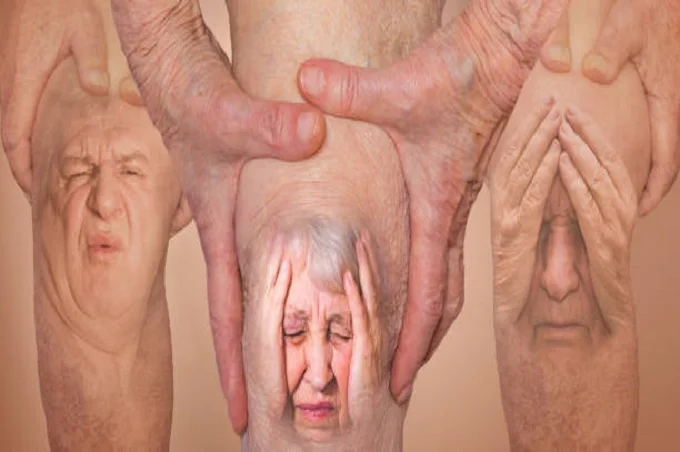Scientists believe they have unraveled the mystery of blood clotting problems in vaccines

German scientists believe they know why blood clotting problems occur with AstraZeneca and Johnson & Johnson corona vaccines. They are said to be caused by the viral vector, the largely inactivated virus used to deliver the genetic instructions for the coronavirus spike protein into our cells, thus making us immune to the virus. And the problem could be solved.
The scientists report their discovery in a pre-publication of their research. So the study has not yet been published in a scientific journal and has not yet been reviewed by other scientists. The man behind the discovery is Rolf Marschalek, a professor at the University of Frankfurt who has been researching the rare condition since March.
How it’s put together? “The vaccines involved send the DNA gene sequences from the spike protein to the cell nucleus instead of to the cytosolic fluid in the cell, where the virus normally produces proteins,” Marschalek explained to the Financial Times business newspaper. “Once in the cell nucleus, parts of the spike protein split, creating mutant versions that are unable to bind to the cell membrane, where important immunization takes place. Instead, the floating mutant proteins are secreted from the cells in the body, causing blood clots in about one in 100,000 people.”
Other methods
The problem with the mRNA vaccines from Pfizer/BioNTech and Moderna is that they use a different method to deliver the genetic material from the spike protein into the cell fluid. The genetic material never enters the cell nucleus.
The problems with blood clotting are very rare, just to be clear. They were diagnosed in 309 of the 33 million people who received the AstraZeneca vaccine in the UK. It resulted in 56 deaths. In Europe, this concerns at least 142 people out of a total of 16 million.
For Johnson & Johnson, this is an even smaller number. In the United States, the complication was recorded in eight of the 7.4 million people who received the vaccine.
41 years
Yesterday it became known in Belgium that a foreign woman under the age of 40 had died after injection with the Johnson & Johnson vaccine. It was then decided to no longer administer that vaccine to people under the age of 41. This had already been decided earlier for the AstraZeneca vaccine.
According to Marschalek, the problem with blood clotting could be solved: by adjusting the gene sequence that codes for the spike protein to prevent it from falling apart. Johnson & Johnson is said to have already contacted Marschalek’s lab to ask for advice and optimize its vaccine.




![How do you best greet each other in corona times? [Photos]](https://afrinik.com/wp-content/uploads/2020/03/gesture-772977_1280-390x220.jpg)